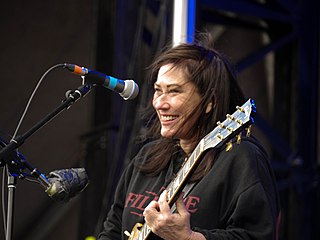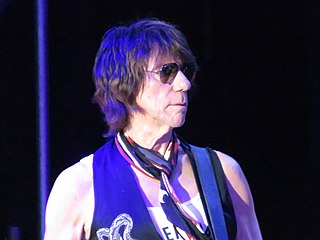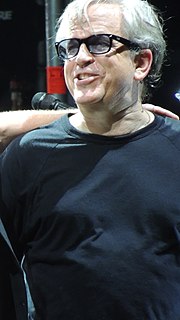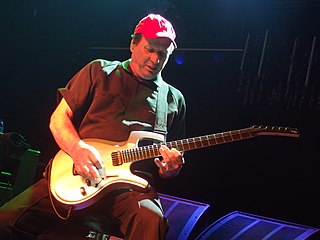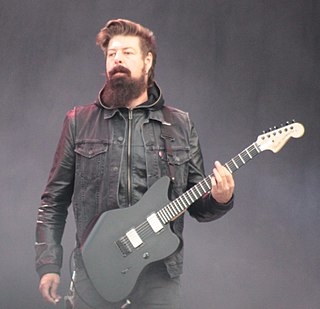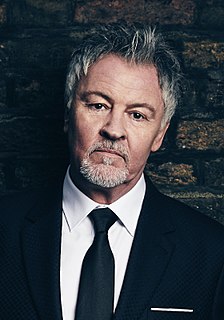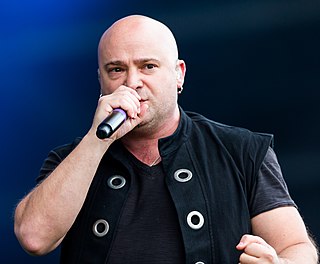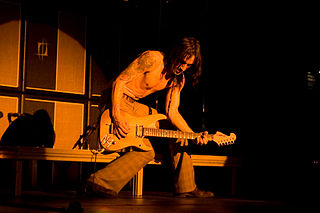A Quote by Kim Deal
I thought I'd do everything on four-track, and then I'll record every instrument myself in a studio, and then I'll have a solo album released by spring.
Related Quotes
You're not going to hit it every single time, and that's why, when I record an album, I do probably close to 50 songs. Each song I record has to get better. If it's not better than the last song that I made, it'll usually linger for a couple of months, and then it'll be put on the backburner, and then there'll be another song that I do, and then it often doesn't make it on the album.
We were never a band that did 96 takes of the same thing. I had heard of groups that were into that kind of excess around that time. They'd work on the same track for three or four days and then work on it some more, but that's clearly not the way to record an album. If the track isn't happening and it creates some sort of psychological barrier, even after an hour or two, then you should stop and do something else. Go out: go to the pub, or a restaurant or something. Or play another song.
If I have a song that I feel is really one of my best songs, I like it to have a formal studio recording because I believe that something being officially released on a studio record gives it a certain authority that it doesn't quite have if it comes out on a live album or is just a part of your show, you know.
Just about the entirety of the first album, 'Brown Sugar,' I wrote it, the majority of that record in my bedroom in Richmond. And all of the demos for it were done on a four-track in my bedroom. I think EMI was a little leery of me being in the studio producing it on my own, which is what I was fighting for.
In my opinion, I would still like to go into a studio - because I love the environment of being in a studio - and record a great album beginning to end, but then maybe not release it as an album. Maybe put singles out there, put songs out there - either give some away or release some the traditional way.
